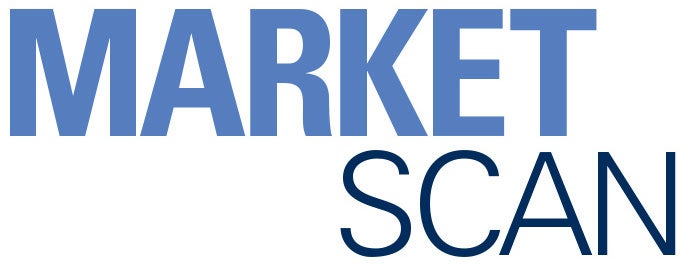

Optimizing Precision Care Delivery with Machine Learning

Optum, part of UnitedHealth Group, recently invested $16 million in Health at Scale, a California-based startup using machine learning to help risk-bearing entities determine the highest-quality provider and hospital at the lowest cost.
Health at Scale offers a suite of services, including building preferred-provider networks of physicians and facilities optimized for the predicted needs of individual members within large and complex populations. It also designs broad and narrow networks for populations and member groups. The company serves payers, health systems and self-insured employers.
As providers take on more downside risk in value-based care arrangements, being able to accurately predict the needs of individual members in populations takes on added importance. Likewise, being able to demonstrate top-tier performance on quality and cost for patients at risk of advanced care needs will be key considerations as payers continue to build out their networks and program offerings.
Zeeshan Syed, Health at Scale’s CEO, recently told TechCrunch that his firm matches patients to the right treatments by the right providers at the right time.
While not disclosing its data sources or which health systems and payers it’s working with, Health at Scale says it has patient-specific and condition-specific data and information on physicians who treat these conditions. The company believes that by looking at an individual’s treatment needs and medical history, it can match that person to the best doctor and hospital for the service. Health at Scale says its service will benefit patients, payers and providers because the information will lead to fewer postoperative complications and trips to an emergency department or skilled nursing facility.
For all the attention that machine learning and artificial intelligence generate in health care, predictive-analysis tools are also starting to raise important questions about how some of this information might be used. Writing recently in Forbes, Jayshree Pandya, CEO of Risk Group, a strategic, security-risk research and reporting organization, wonders whether insurers might deny consumers coverage based on what models predict.



